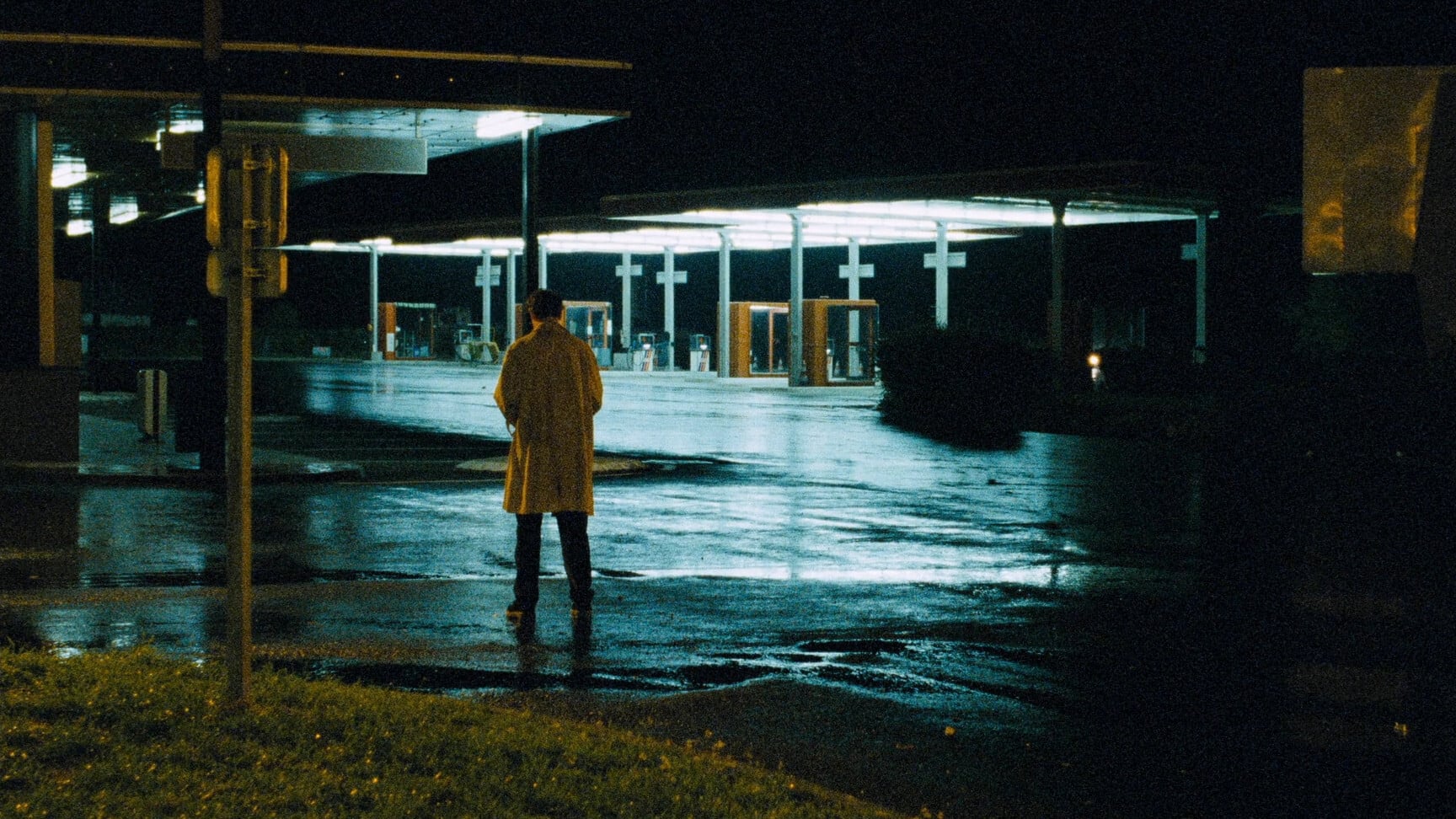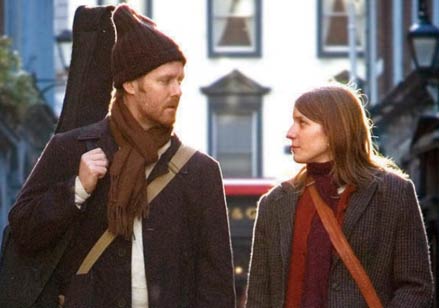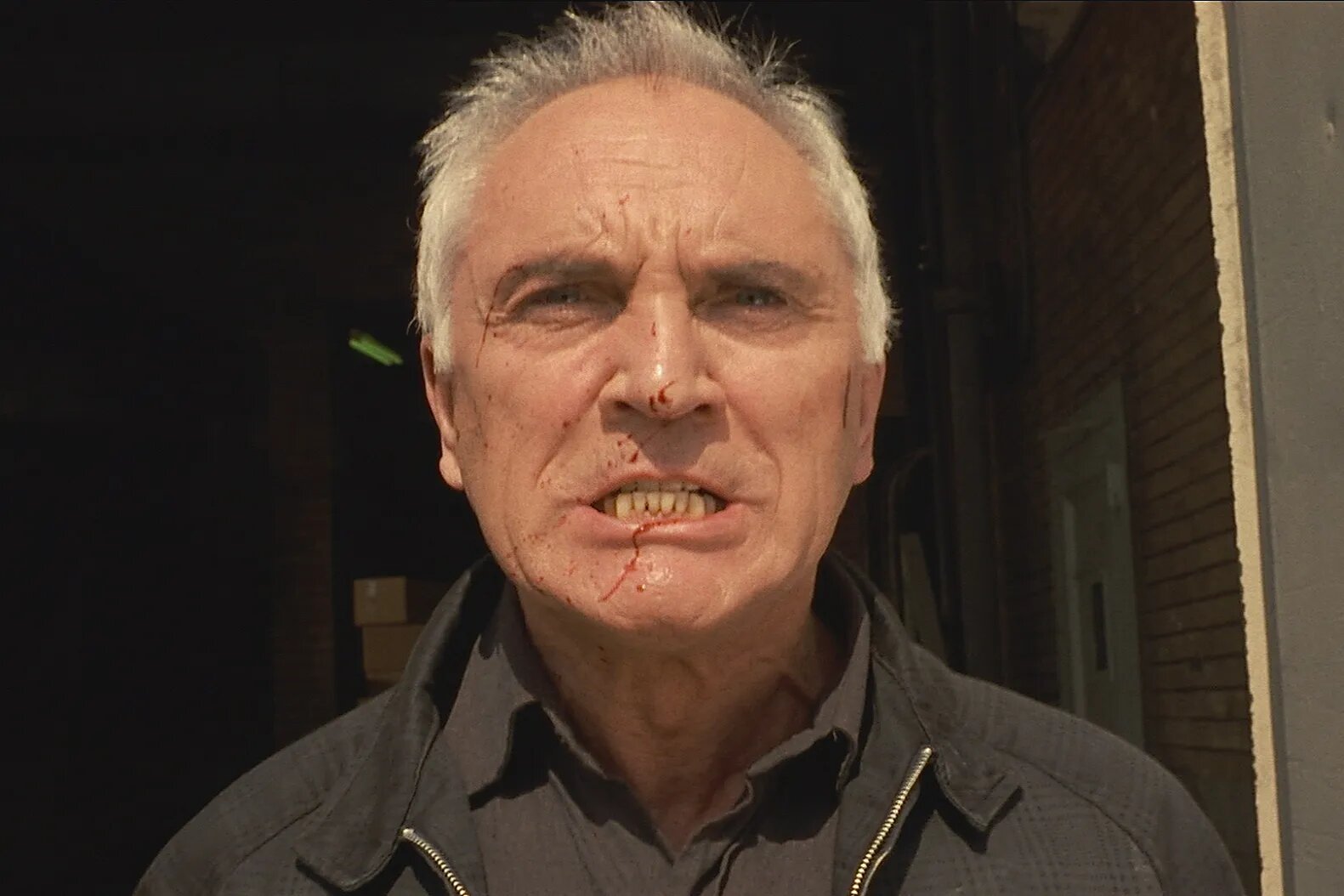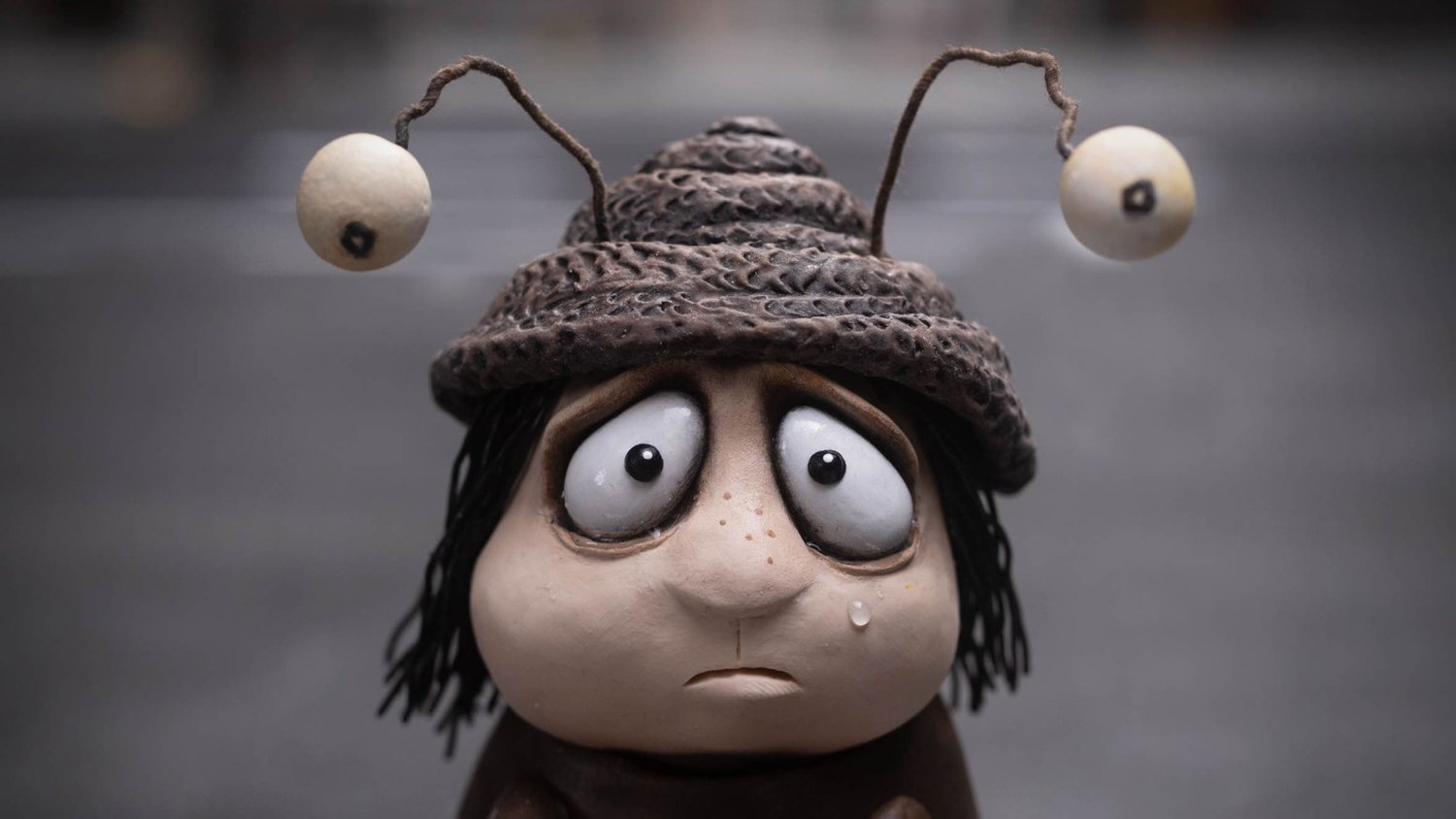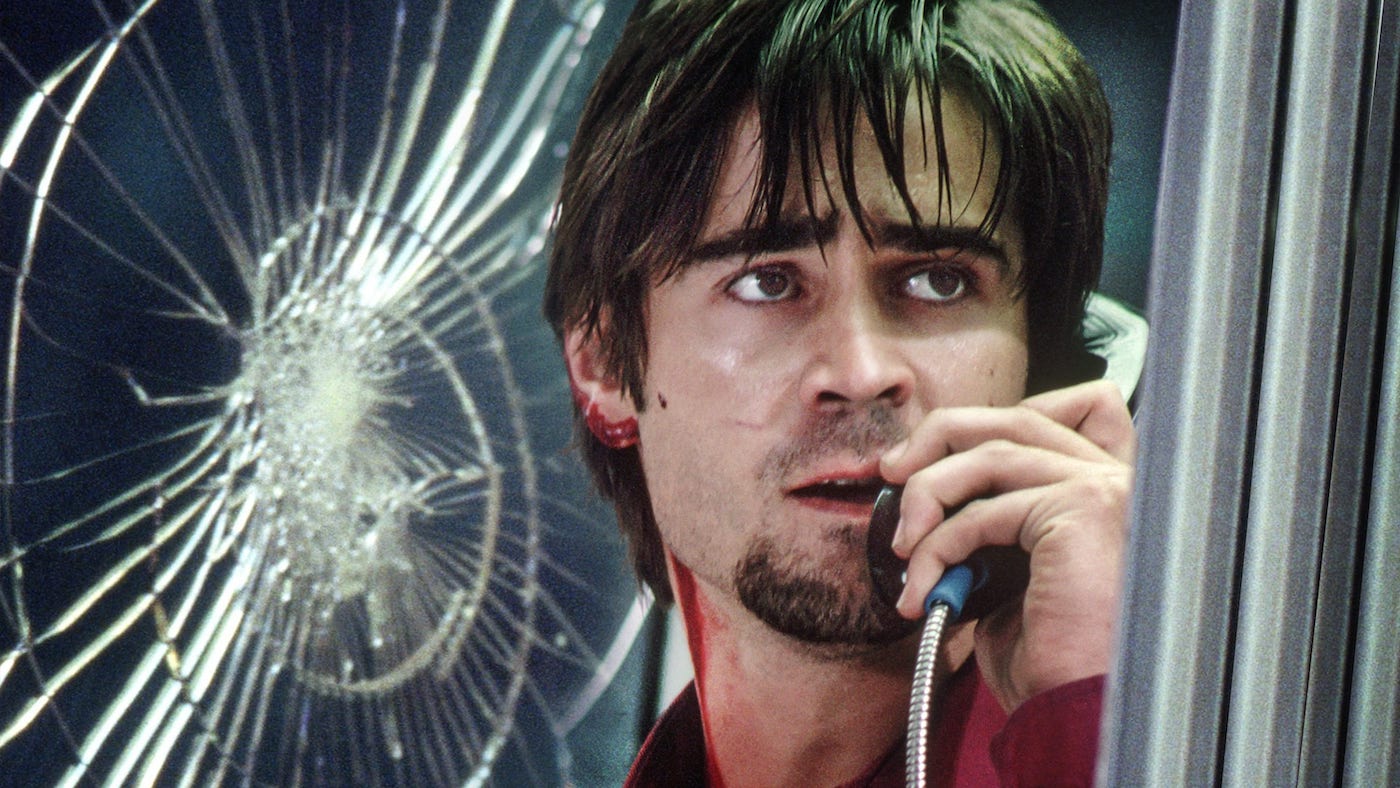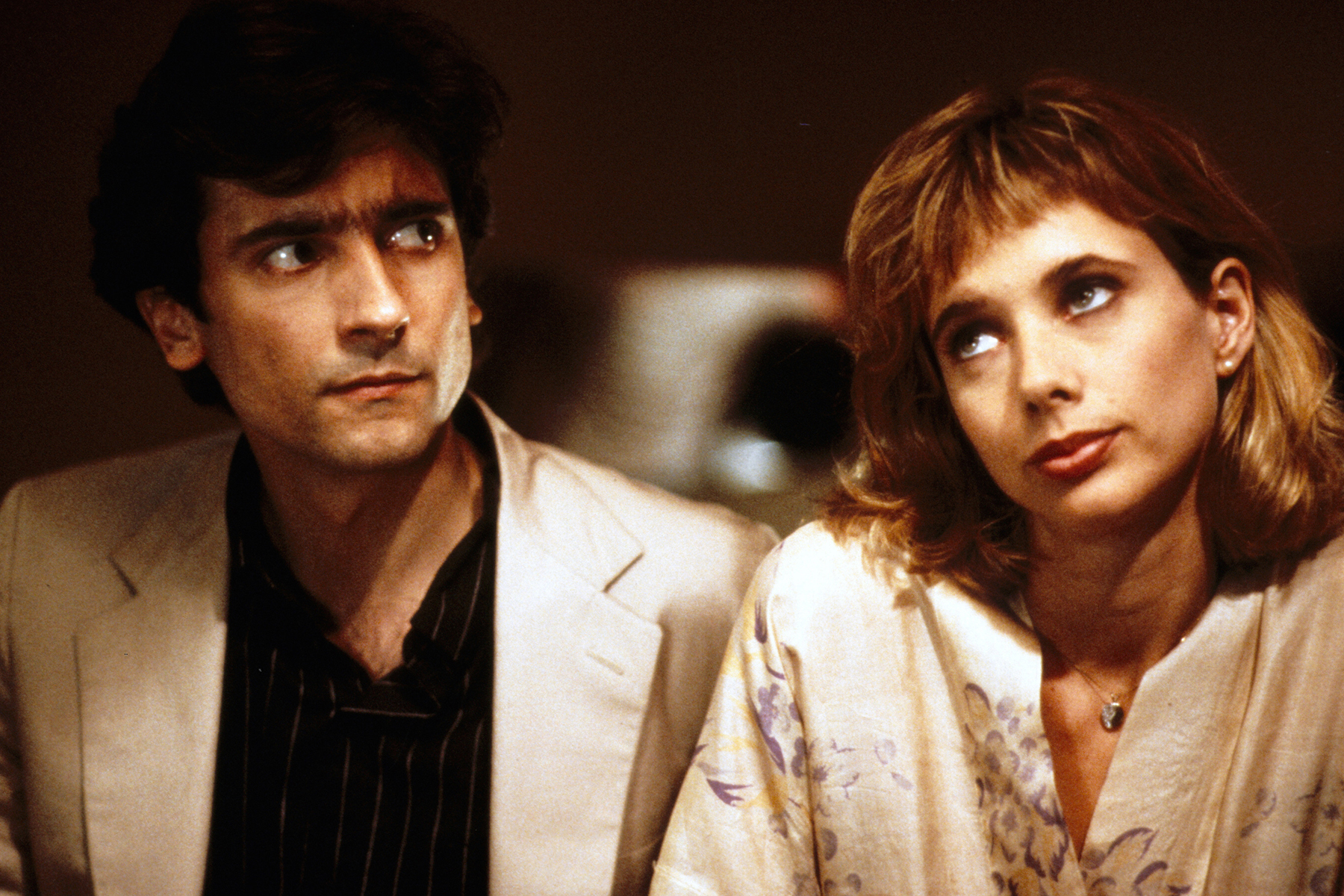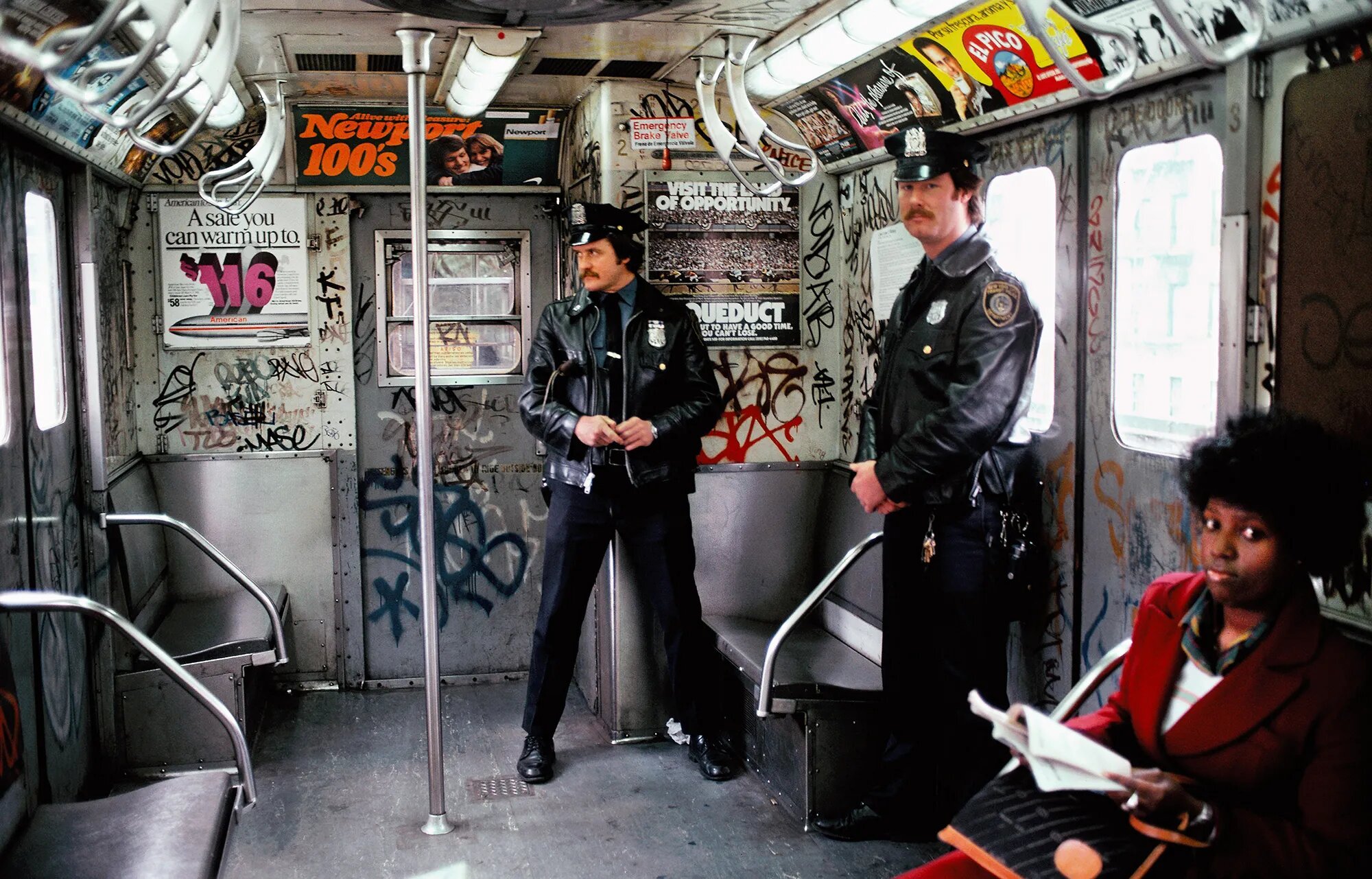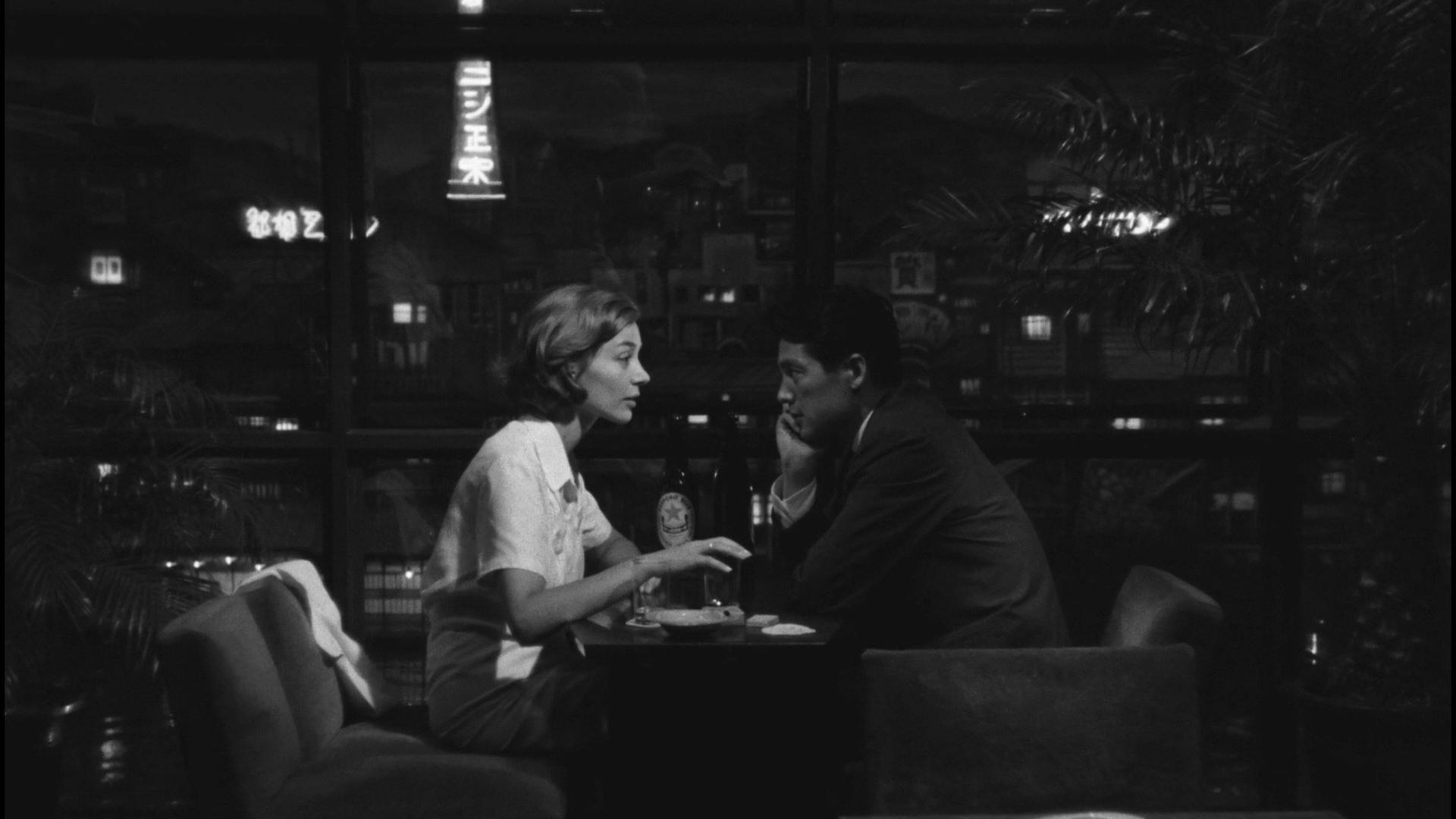
40 Unique Amazon Prime Movies to Watch Now
March 26, 2025
Share:
Nothing is ever truly original anymore, least of all in cinema—where filmmakers are constantly inspired by each other and proudly pay homage to earlier works. But there can be a point when movies begin to feel safe and same-y, especially if you’re streaming, buying, and renting from a service with as wide a library as Amazon Prime. So we at agoodmovietowatch have put together a list of films that aren’t only underseen by general audiences but can actually serve as a reminder of what movies can accomplish if filmmakers really think outside the box, while still honoring the greats before them.
Read also:
11. The Vanishing (1988)
Genres
Director
Actors
Moods
Fear of abandonment is at the heart of The Vanishing. Lovers Rex and Saskia are separated on their way to France after the latter vanishes without a trace. For the next three years, Rex dedicates his life to finding out what happened to Saskia in whatever way possible, endangering his own safety in the process. George Sluizer’s chilling psychological thriller shows the evils that curiosity and obsession can bring, and is a uniquely perverse look at the ugly side of truth-seeking.
12. Smoke (1995)
Genres
Director
Actors
Moods
Like a long, slow drag of a cigar, Smoke is a patient pleasure. Adam Holender’s leisurely lingering camera and the film’s relaxed editing allow us to savor the actors’ performances and the thoughtful script uninterrupted, trusting in their ability to captivate us. And captivate us is exactly what novelist Paul Auster’s screenplay and the film’s superlative ensemble do.
The film kicks off in Auggie Wren’s (Harvey Keitel) Brooklyn smoke shop, where myriad customers linger to chat and unexpected friendships form. The serendipitous network around which Smoke revolves unfurls gradually, like a curling wisp of smoke: Auggie’s patron Paul (William Hurt), a writer’s block-struck novelist grieving the violent death of his pregnant wife some years ago, has his life saved by Harold Perrineau’s Rashid, the estranged 17-year-old son of a struggling mechanic (Forest Whitaker). Ashley Judd and Stockard Channing also feature in Auggie’s portion of the film, one of its five loose vignettes (although the film flows much more fluidly than a chapterized structure suggests). Auster’s contemplative, dialogue-driven screenplay — along with the film’s unhurried editing and luxuriating cinematography — make Smoke a gorgeous example of the art of savoring, which is exactly what you want to do with this wonderful movie.
13. Once (2007)
Genres
Director
Actors
Moods
Once is about a vacuum cleaner/repairman/street musician and a florist in a boy-meets-girl-then-makes-music tale of love, friendship, family, and freaking great music. You can just feel the passion from this simple but charming low-budget movie capturing the chemistry of music making. The film’s music will make your skin tingle and hair stand on end. How good is it? In addition to the film winning an Oscar for its music, the Broadway musical version has won 8 Tonys. In short – get ready for a sonic masterpiece!
14. The Limey (1999)
Genres
Director
Actors
Moods
The bare bones of The Limey’s story — vengeful Cockney ex-con Wilson (Terence Stamp) flies to LA to investigate the suspicious death of his daughter Jenny — are gripping enough, but what Steven Soderbergh does with them elevates this neo-noir thriller into something utterly singular and stacked with layers upon layers of meaning. An icon of London’s Swinging ‘60s scene, Stamp is pitted against laidback symbol of ‘60s American counterculture Peter Fonda (as Jenny’s sleazy older boyfriend), giving their face-off grander cultural stakes. The extra-textual significance of the casting is deepened by Soderbergh’s ingenious references to the actors’ heyday: in flashbacks to Wilson’s happier past, for example, we’re shown the actual Stamp in his younger years (courtesy of scenes borrowed from 1967’s Poor Cow).
The Limey is also a brilliant showcase for editor Sarah Flack’s technical inventiveness: though the narrative is largely linear, the film cuts to and from scenes and sounds at unexpected points, giving the film an almost David Lynch-like sense of eerie fragmentation. Conjuring up a nightmare LA atmosphere isn’t all the editing does, either, as the film’s puzzle pieces are expertly reassembled to reveal an emotional gut-punch of an ending. In short, this high point in Soderbergh’s filmography is a must-see for any fan of cinema.
15. Memoir of a Snail (2024)
Genres
Director
Actors
Moods
The worst possible things that could happen, happen to orphaned twins Gracie and Gilbert but still they power on, motivated solely by the hope of being reunited once more. It’s a sweet premise, young siblings on opposite ends of the country encouraging one another with heartfelt letters. And with the soft-spoken Gracie (Snook) narrating the whole thing, it’s easy to be lulled into a sense of ease and comfort. But those familiar with director Adam Elliot’s work know that it’s never that simple. The film is as dark and edgy as it is sentimental and hopeful. It’s a complex piece of work, one that asks: is life worth living? After all the hardships, misfortune, depravity, and brutality, must we go on? You probably know what answer the movie will give you, but how it gets there is a heart-shattering journey that’s worth taking nonetheless.
16. Cameraperson (2016)
Genres
Director
Actors
Moods
In Cameraperson, documentarian and cinematographer Kirsten Johnson creates an incredible patchwork of her life—and her life’s work. Johnson has been behind the camera of seminal documentaries like Citizenfour, The Invisible War, and The Edge of Joy. Here, Johnson stitches together fragments of footage, shot over 25 years, reframes them to reveal the silent but influential ways in which she has been an invisible participant in her work.
In one segment, Johnson places the camera down in the grass. A hand reaches into the frame briefly, pulling up weeds that would otherwise obscure the shot. Cameraperson is a must-see documentary that challenges us to reconsider and reflect upon how we see ourselves and others through the camera lens, and beyond it.
17. The Red Turtle (2017)
Genres
Director
Actors
Moods
Co-produced by the legendary Studio Ghibli and directed by Dutch animator Michaël Dudok de Wit, The Red Turtle is a tale about a man shipwrecked on a desert island whose fate is changed upon meeting a giant turtle. Beautiful images are pulled together and combined with the film’s delicate symbolism about humanity and nature, in a story told with remarkable restraint. The only sound in the movie is that of nature and the film’s beautifully relaxing score. Using only simple ingredients, The Red Turtle is an enigmatic, captivating, and highly-recommended gem that, after all, encompasses life itself.
18. Phone Booth (2003)
Genres
Director
Actors
Moods
We love to see Colin Farrell playing an unlikeable guy, it feels like there is balance in the universe. Stu is quite annoying and often offensive, and he’s been having an extra-marital affair, which he then gets punished for. Phone Booth carries over this remnant of 2000s morale with a sadistic twist, but that’s not what defines it. Instead, the film is a rollicking ride that appeals to both cinephiles and entertainment-seeking viewers alike, a box-office hit that would be just as thrilling and triumphant if it was released today, with the added nostalgia value of the phone booth as a thing of the past. Could it be that in 2002, Schumacher pre-empted our fears regarding internet privacy and cancel culture?
19. After Hours (1985)
Genres
Director
Actors
Moods
Martin Scorsese had just spent a year prepping for The Last Temptation of Christ when Paramount Pictures unceremoniously pulled the plug on the movie just one month before production was due to start. After Hours was Scorsese’s way of exorcising all that disappointment and frustration, and you can feel it: this black comedy vibrates with manic intensity as it charts a night from hell in the life of Paul (Griffin Dunne), a somewhat scuzzy yuppie living in ‘80s New York City.
In keeping with its title — which suggests the movie is suspended in temporal limbo — After Hours feels like it takes place in some mythological hellscape, a demonic underworld in which everyone Paul meets has been sent forth with the express mission to make his life more miserable. Surreal coincidences pile up, deepening his paranoia and turning his simple goal of returning home into a labyrinthine quest for survival on the deserted, rain-soaked streets of SoHo. It’s the kind of celluloid nightmare that terrorizes and thrills you at the same time (a la the Safdie brothers’ best works, which draw inspiration from After Hours). Only a director of Scorsese’s caliber could turn profound professional disappointment into such a win as this.
20. Style Wars (1983)
Genres
Director
Actors
Moods
Whether graffiti is art or not is the question guiding this fascinating documentary about the spray can-wielding artists of ‘80s New York. Wherever you come down in the debate — though this presents compelling arguments that graffiti is a medium worthy of critical attention — you’ll undoubtedly come away with a reverence for the kids who went hard with the paint on NYC’s walls and subway cars. Candid interviews with these young pioneers (whose cultural contributions are now less in contention) reveal that they’re not simply rebelling for rebellion’s sake: they’re largely motivated by a desire to make their mark on their beloved city — to stand out and have their work seen by the millions riding the subway every day.
The doc largely embeds itself with the artists, but it also interviews the “other side”: then-mayor Ed Koch and police officers, who were ramping up their aggressive “war on graffiti” campaign during filming. It’s clear that these interviewees have little interest in understanding what drives the kids to create their murals — a lack of curiosity that Style Wars blessedly counters. Not just a thoughtful contribution to its period and a fascinating time capsule, but also a thought-provoking reminder that art is art, whether it’s made outside of the system or not.
Read also:
Comments
Add a comment
Ready to cut the cord?
Here are the 12 cheapest Live TV streaming services for cord-cutting.
More lists
Lists on how to save money by cutting the cord.
Curated by humans, not algorithms.
© 2025 A Good Movie to Watch. Altona Studio, LLC, all rights reserved.
